Karen Tay, Singapore's Smart Nation director, was recently in Washington D.C. to run a workshop for the World Bank on how to develop “smart cities." She says: “'Smart cities' is honestly a buzzword... when I get invited to speak, most people expect me to start with cool tech like AR, VR, AI, modeling and simulation, blockchain and the like. The fact is that cities are complex ecosystems with very established ways of operating. If we want to disrupt them with technology in a way that benefits the masses (i.e. not just the upper middle class), we need dedicated work from the ground-up, coupled with political commitment." Karen Tay's five tips for smart city efforts come from conversations and projects with smart city leaders around the world.



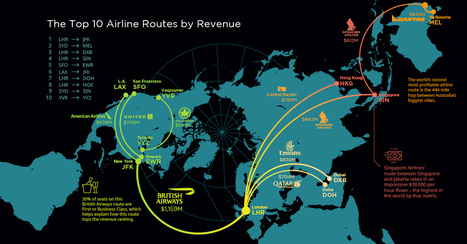


 Your new post is loading...
Your new post is loading...
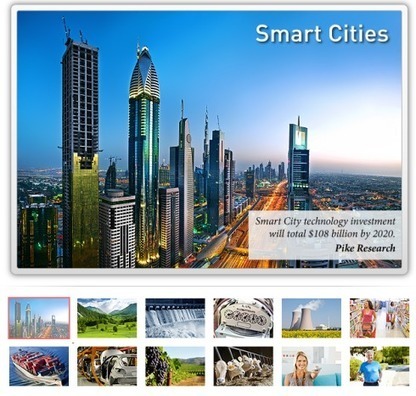



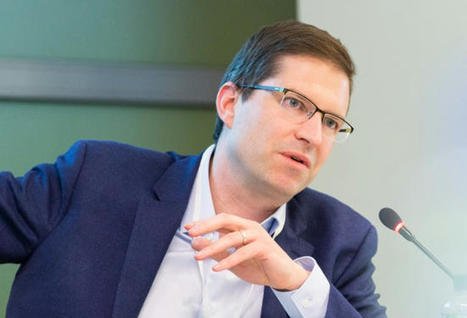


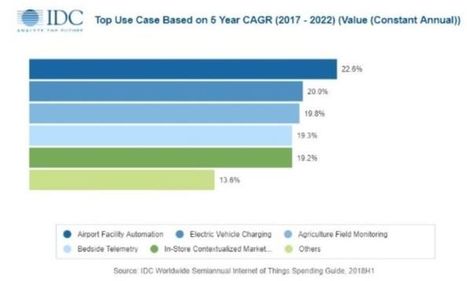
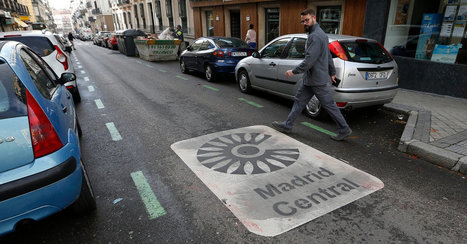





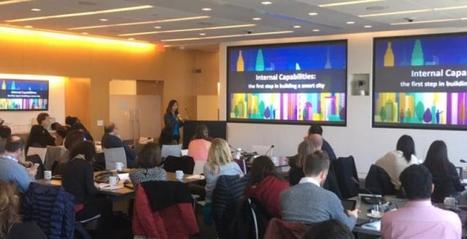
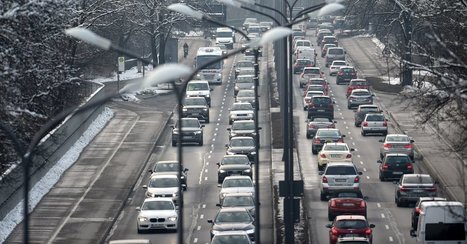



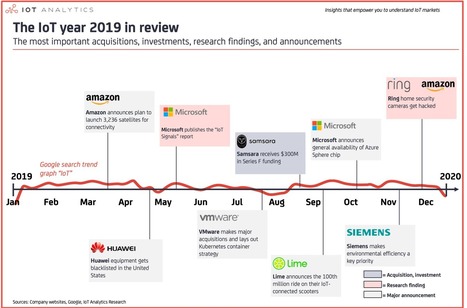
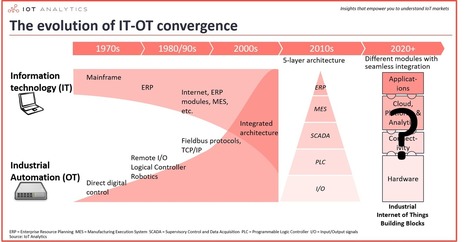
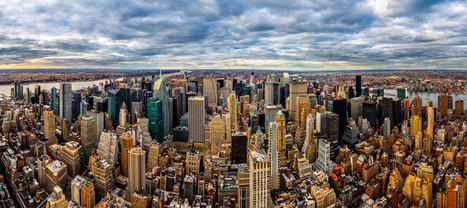
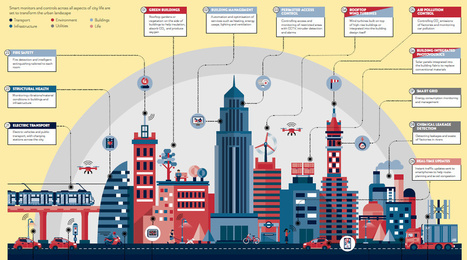


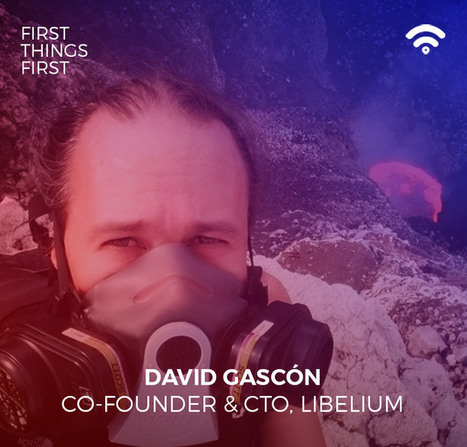











A Global Shift
Over the coming decades, the large-scale role of cities will become even more amplified as rapid urbanization spills over to the rest of the world.
Billions of people — especially in Asia and Africa — will be seeking opportunities in cities over the coming decades. Between 2018 and 2050, the global urban population will increase from 55% to 68%, adding another 2.5 billion people to cities around the world.
Rank Country Urban population growth (2018-2050) #1 India 416 million people #2 China 255 million people #3 Nigeria 189 million peopleNearly 90% of this growth will be in Africa and Asia, with India alone adding 416 million new people to its cities — more than any other country in the world over this timeframe.